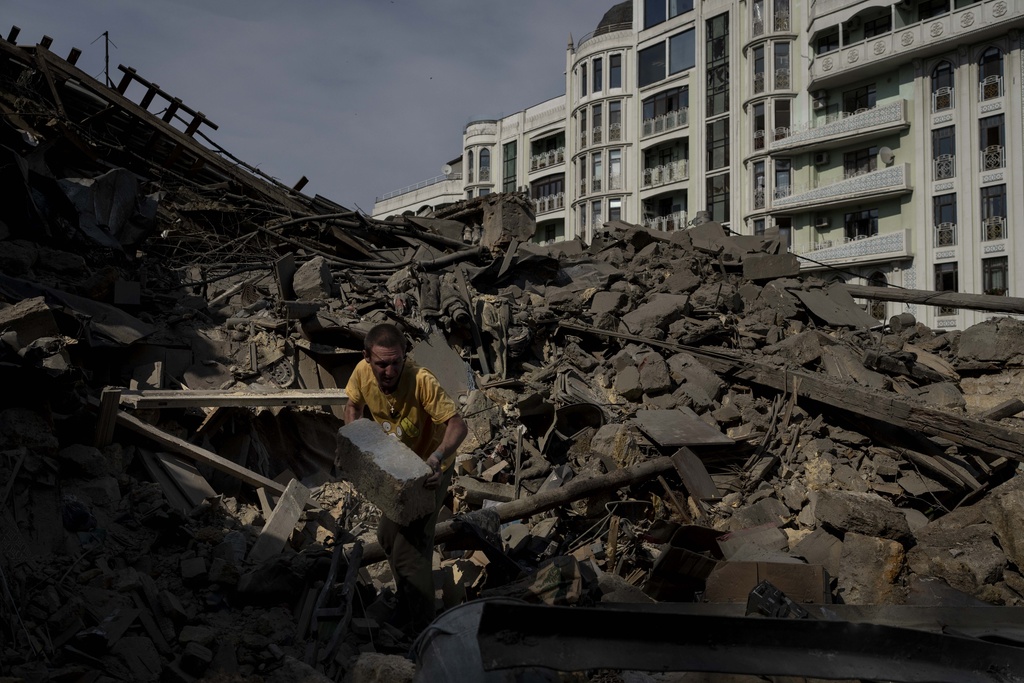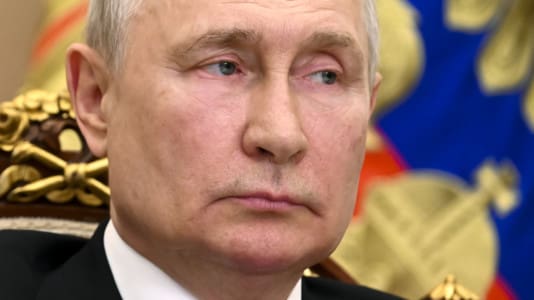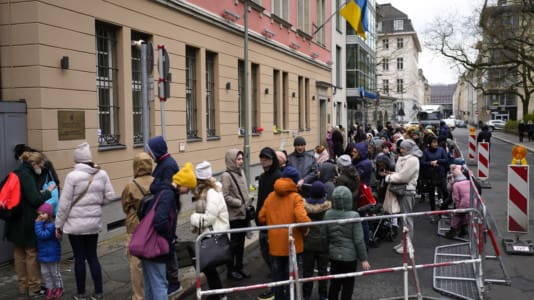Following recent Russian attacks against Odessa and Danube grain ports, the NATO-Ukraine council condemned Russia at an emergency meeting for ending the shipping agreement on the Black Sea. The meeting was convened at the request of Ukrainian President Volodymyr Zelensky.
“Russia continues to show utter disrespect for international law and for the people worldwide who depend on Ukrainian grain,” said Deputy Secretary General Mircea Geoană. “Russia is threatening civilian ships, terrorizing peaceful cities, and destroying parts of the world’s cultural heritage with its brutal strikes.
“NATO is united. We stand in solidarity with our Black Sea allies, we will continue to protect one another, and we will continue to support Ukraine for as long as it takes,” he added.
NATO Secretary General Jens Stoltenberg pointed out that Russia should not hold hostage vital grain transports.
“Russia bears full responsibility for its dangerous and escalatory actions in the Black Sea region. Russia must stop weaponizing hunger and threatening the world’s most vulnerable people with food instability,” Stoltenberg said.
“Russia’s actions also pose substantial risks to the stability of the Black Sea region, which is of strategic importance to NATO. Allies are stepping up support to Ukraine and increasing our vigilance. We remain ready to defend every inch of Allied territory from any aggression,” he added.
The defense alliance also announced that it will increase surveillance and intelligence-gathering in the Black Sea region.
“NATO and Allies are stepping up surveillance and reconnaissance in the Black Sea region, including with maritime patrol aircraft and drones,” the NATO-Ukraine Council said in a statement following the meeting.
“Since last year, in response to Russia’s war of aggression against Ukraine, NATO has significantly increased its presence in the region, including with two new multinational battle groups in Bulgaria and Romania.”





